Have you ever thought of Using yogurt in the garden? Well, it’s possible and scientifically proven! Learn 5 amazing uses in this article!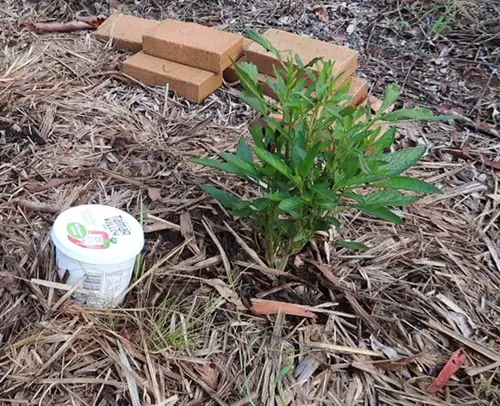
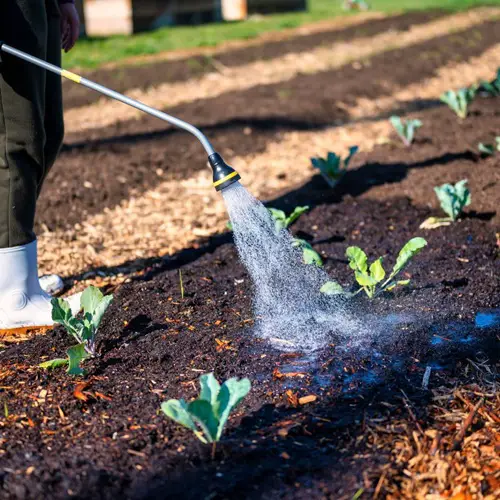
Probiotics are good for human health, as they help in improving digestion, mood, and immunity. But do you know, you can use them in the garden? If it sounds unbelievable, read this article with interest to get the idea.
Do you know you can use milk in the garden! To find out how, click here!
What is Yogurt?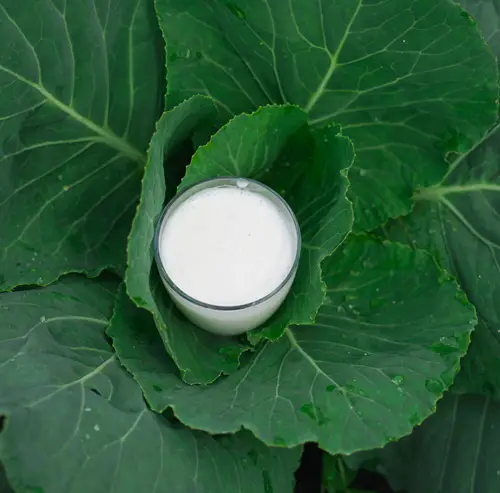
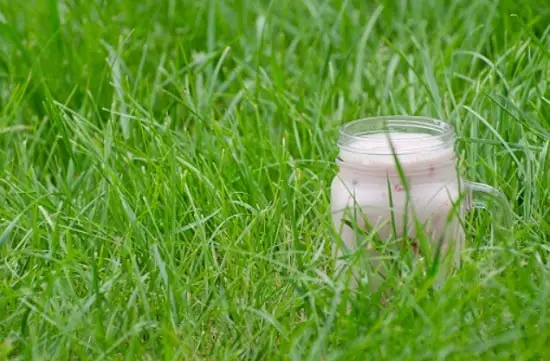
Yogurt is a dairy product, a result of bacterial fermentation of milk, which involves mainly two bacterias-Streptococcus thermophilus and Lactobacillus delbrueckii subsp. bulgaricus responsible for its health benefits, like facilitated digestion.
Note: Lactobacillus, generally found in the soil and animal gut, is a genus of bacteria. It helps in the decomposition of organic material.
Yogurt for Plants
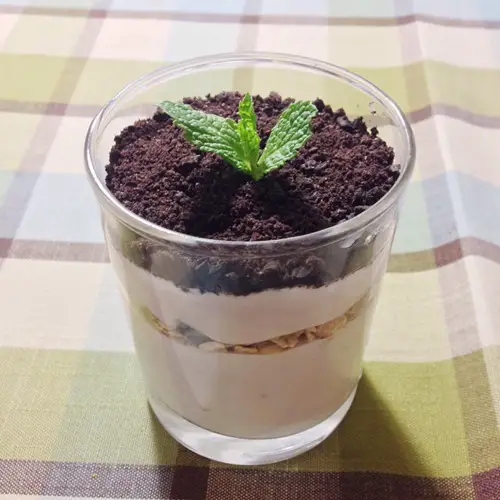
Yogurt can similarly benefit your plants that it does to your gut health. The bacteria and fungi of the plants are known as endophytes, they are plant’s probiotics. It has been found in research that plants such as peas, lentils, potatoes, and beans have good bacteria in their tubers, helping in fixing nitrogen.
According to the research, conducted at the University of Washington, probiotics help in fixing the nitrogen content of the plant, improving its growth. The endophytes in the nodules of the plant, work in the same way probiotics work for our gastrointestinal health in humans.
Using Yogurt in the Garden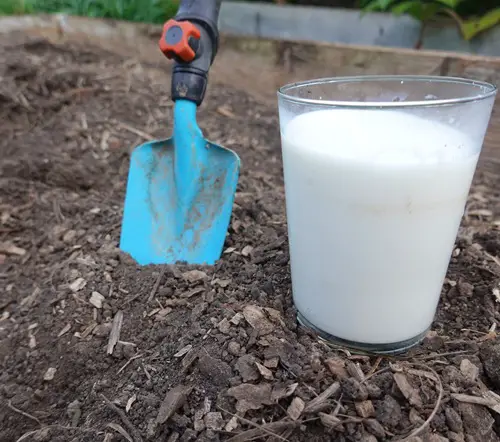
1. Perfect Mildew Killer
Use yogurt in the garden to protect your plants against fungal diseases such as rot, molds, and powdery mildew.
Take 1 tablespoon plain yogurt, in a cup of water, and fill the mixture in a spray bottle. Now spray this solution on the affected leaves. You can use it daily as a preventive measure — the microbes in the yogurt fight with pathological organisms by making a layer on the leaf.
Note: You can also use yogurt whey (a watery liquid that accumulates on the top of yogurt) in the garden, as it is full of good microbes.
2. Add to Compost
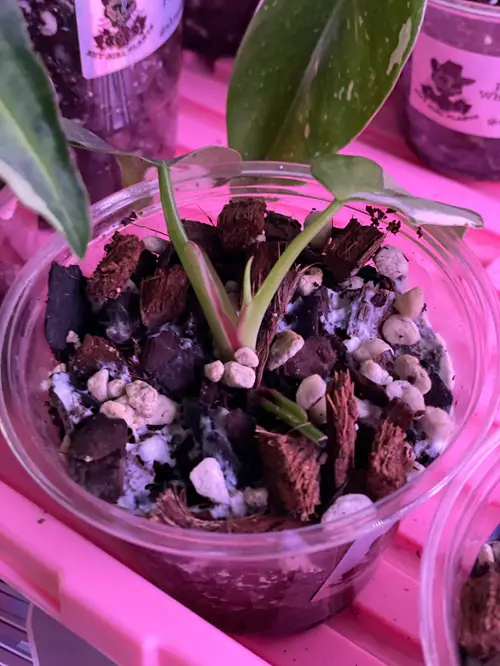
Spread the yogurt deeply inside the compost and cover it with sawdust and leaves. This addition is going to promote soil fertility and the microbe rate. Yogurt compost can raise the production of common garden plants, vegetables, herbs, and fruits.
3. As a Fertilizer
You can use yogurt, as a natural organic fertilizer, in your garden. It provides nitrogen and phosphorus to the soil without leaving any harmful artificial compound. Mix it with water, in 50:50 ratio, and pour it around roots of the plants, once or twice in a month. The application of yogurt will improve the plant’s nitrogen intake ability.
4. For Growing Moss

Yogurt is one of the best mediums to grow moss. For this, mix one cup of yogurt with 2 spoons of moss in a blender until it forms a thick paste. Pour this on the desired space where you want it to grow. Water the surface regularly, and it’ll flourish in no time!
5. For Citrus Trees
You can apply a cup or two of plain yogurt around the base of the lemon or other citrus trees during the growing season, once in 4-6 weeks, for healthy and strong growth of the plant. It works!


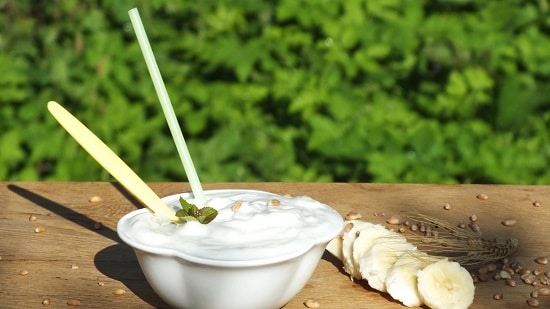

we definitely try this
I have been doing it since I heard about it for my indoor curry leaf plants. Now I do it with my outdoor container garden.
However I use kéfir from grains with outdated or reconstituted milk. Then dilute 1/4.
Hello Tim. where are you growing curry leaf plants ?
Reconstituted powdered milk.
This helps and I’m glad to know I can use my out of date yogurt. QUESTION: would I need to use a different mixture if I am using Greek Yogurt? My understanding is the Greek Yogurt is just drained longer. Would I need to use a little more water in the mixture? Thanks